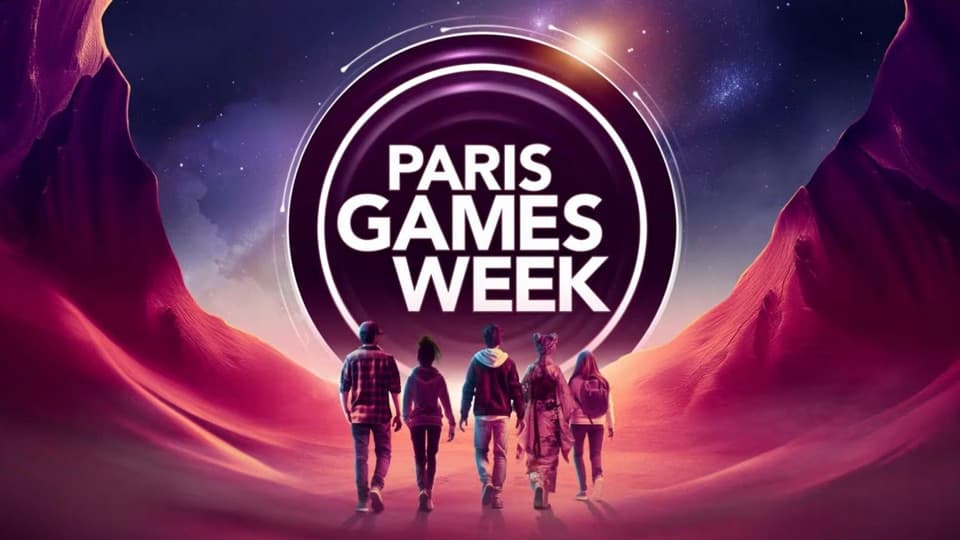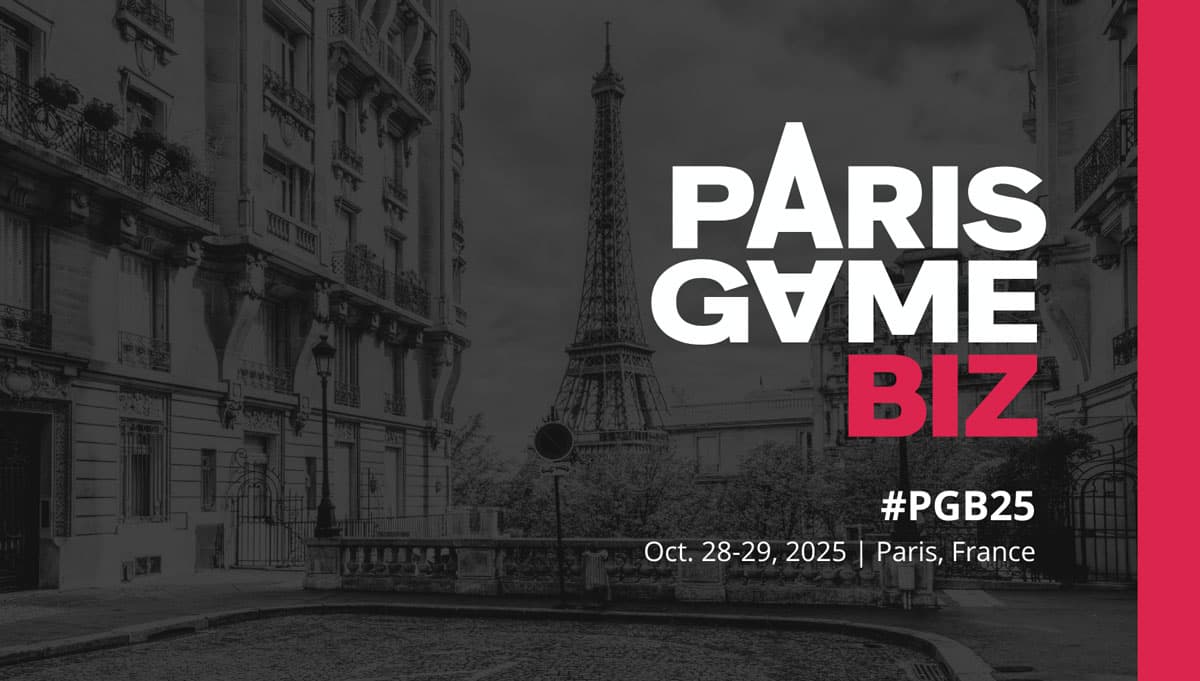
This caught my attention because the CNC isn’t just a film body dabbling in games. It’s one of the few public institutions still putting real, structured money behind development at a time when studios are tightening belts and playtime is leaking to social media. Ahead of Paris Games Week 2025, new CNC president Gaëtan Bruel laid out how France plans to back “made in France” games with tax credits, targeted grants, export help, and support for schools – plus a hard stance on developers keeping their IP. The pitch sounds strong. The question is whether it’s enough to move the needle for players and studios on the ground.
Bruel frames CNC as “the home of moving-image creation” — film, series, games, and immersive work. On games, there are three main levers:
Concrete examples back up the pitch: past CNC-assisted titles include A Plague Tale, Dead Cells, GreedFall, and En Garde! It’s a mix of indie passion projects and AA builds from teams like Asobo, Spiders, and Motion Twin — the sort of output that keeps France punching above its weight on Steam wishlists and awards lists.
One line stood out: “Not a euro comes from the State. The CNC costs taxpayers nothing.” Instead, the CNC funds games using levies collected on cinema tickets, TV subscriptions, and platforms like Netflix — a cross-subsidy from audiovisual revenues. That’s unusual, and smart. It’s stable, politically defensible, and it ties games to the broader creative economy rather than leaving them exposed when national budgets get squeezed.

Still, let’s be real about scale. €5 million for FAJV (temporarily bumped to €6.5m last year) is meaningful for prototypes and finishing funds, but a single AA production can swallow that whole. The heavy lift remains the 30% tax credit, which is what keeps larger French builds viable against Canada’s famously generous provincial credits and the UK’s longstanding relief schemes. If you’re a mid-size French studio, the math often goes: FAJV to kickstart, publisher or platform to scale, CIJV to make the budget land.
CNC production aid comes with a catch: the studio must retain the game’s intellectual property. Bruel’s logic is blunt and correct: “If you make an exceptional game but don’t own the rights, you’re back to square one.” Too many teams ship a hit and watch long-tail revenue, transmedia options, and sequel leverage sit with a publisher. Tying public money to IP retention nudges healthier deals — licensing instead of full assignment, clearer reversion clauses, and long-term sustainability for independent studios.
Does it make some publisher negotiations harder? Sure. But as someone who’s watched indies lose their breakout’s upside, this is a rare policy that actually shifts power toward creators instead of just handing them a cheque.

Bruel doesn’t sugarcoat the market: growth has stalled, certain AAA bets have underperformed, and (this stings) average playtime is drifting to free, algorithmic platforms. “We’ve never spent more time on screens, but never less time watching or playing the works on them,” he says, pointing to a Deloitte stat that 57% of young people prefer social media over games, films, or series.
He’s even harsher on “videogame social networks” like Fortnite and Brawl Stars: great for engagement, bad for the French ecosystem when they hoover up hours and spend. You can argue (and I would) that Fortnite’s UEFN is also a legit creation funnel and a stepping stone for new devs. But he’s right about the displacement effect. If your kid spends ten hours in a battle pass loop, that’s ten hours they’re not trying a tricky French puzzle game or a moody AA adventure.
The pivot, then, is cultural: education about screen time, and treating games as art in schools, museums, and curricula. “Video games are absolutely everywhere,” Bruel says — but you wouldn’t know it from most public discourse. If CNC can help normalize games as a cultural form (not just a habit), that’s the kind of soft power that sells indies just as much as any grant.

For players: expect more distinctive mid-budget and indie experiences from France — the next Chants of Sennaar-style breakout or a clever AA like GreedFall 2 — because it’s precisely that sweet spot FAJV + CIJV makes possible. For studios: the message is clear. Pitch early for writing/prototype aid, keep your IP, use the tax credit to scale, and let “Game France” help you get in front of press and partners at shows. None of this replaces a good launch strategy, but it buys time to make a better game and keep more of it when you succeed.
CNC’s plan isn’t hype — it’s a pragmatic mix of tax relief, targeted grants, export backing, and an IP-first stance that actually empowers creators. It won’t rescue every studio, but it should mean more inventive French games make it to players, owned by the people who made them.
Get access to exclusive strategies, hidden tips, and pro-level insights that we don't share publicly.
Ultimate Gaming Strategy Guide + Weekly Pro Tips